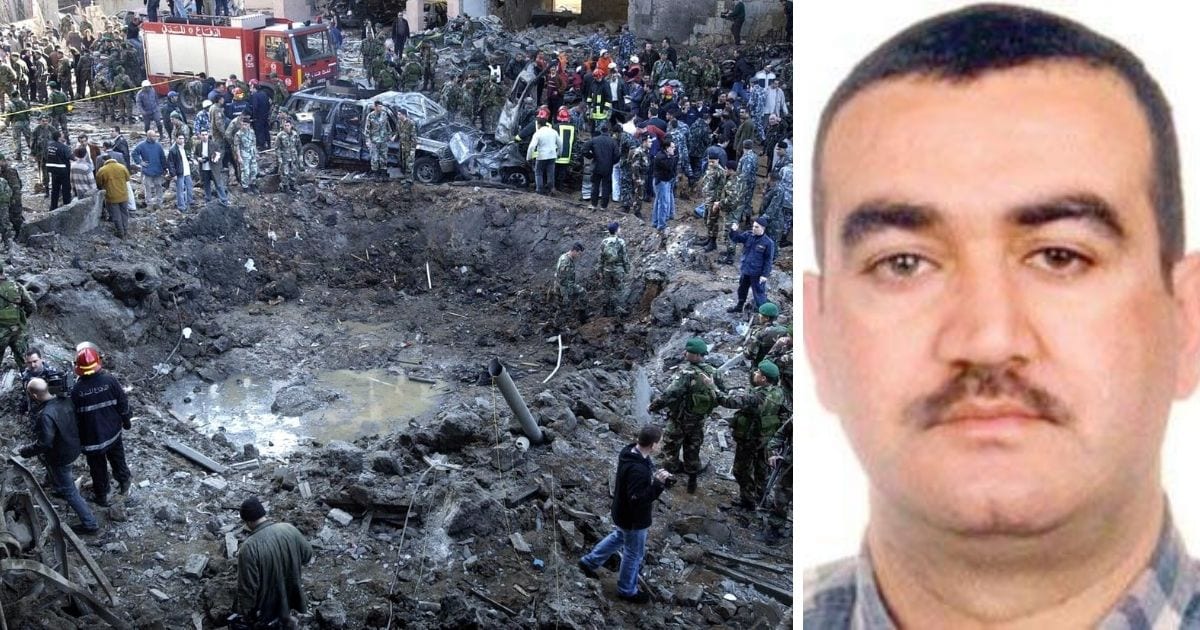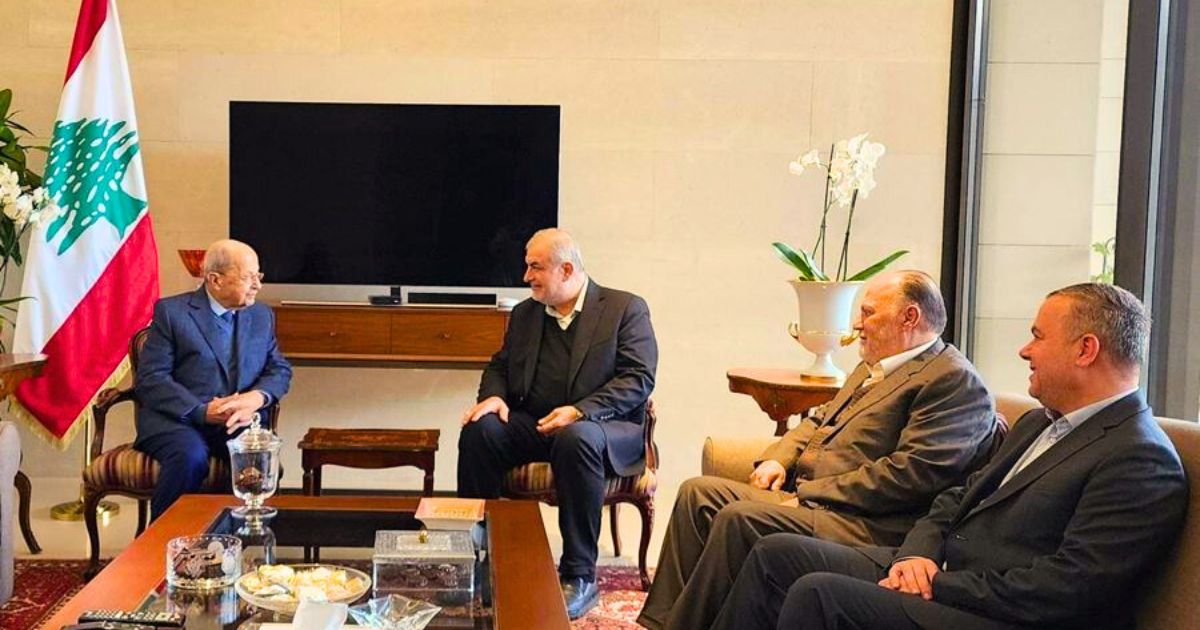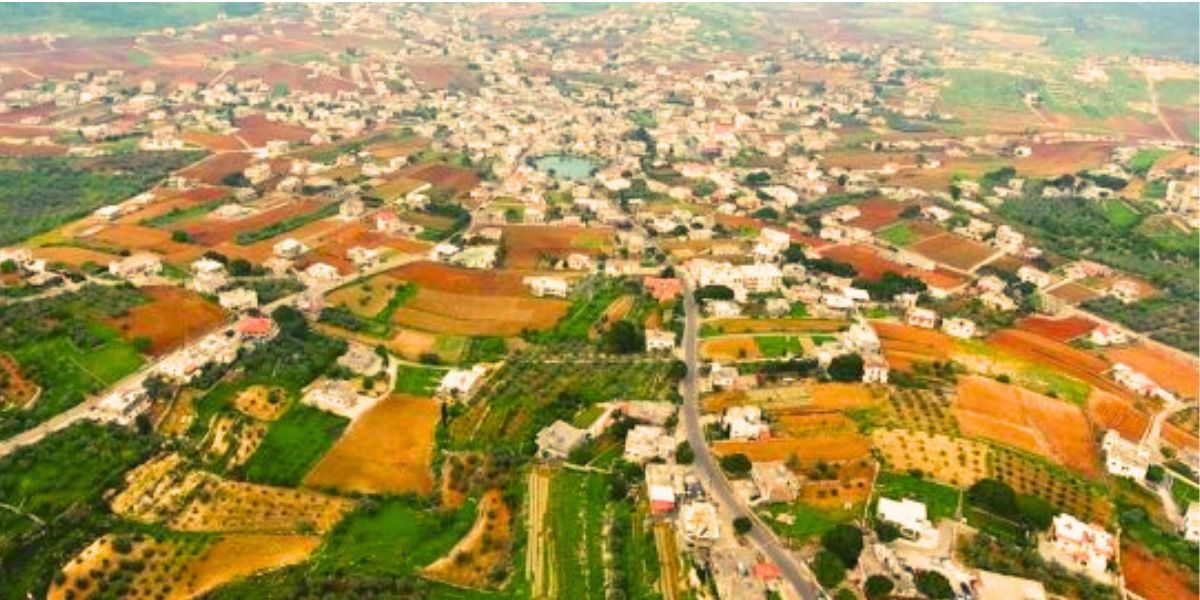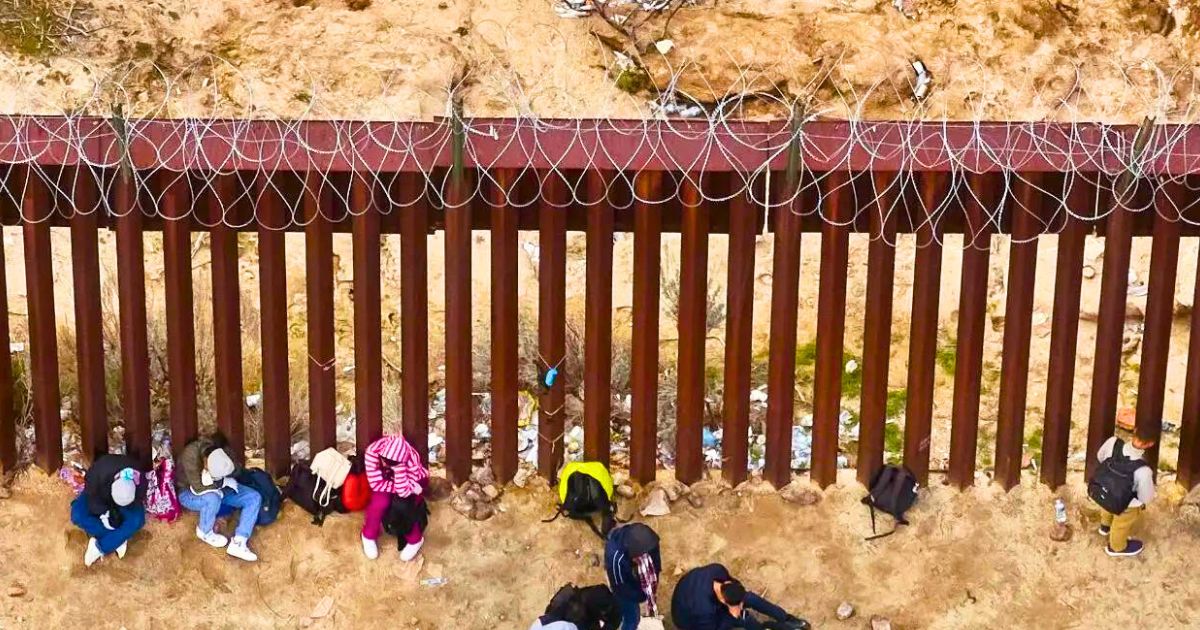Following an 11-year investigation, the Special Tribunal for Lebanon (STL) found one of four accused suspects guilty in the Rafic Hariri assassination case.
While the convicted Salim Jamil Ayyash is nowhere to be found, yet, his name has been the subject of conversation ever since the verdict.
Hit Squad Unit 121
In a recent report, The Washington Post shared information from current and former security officials from the United States and three European and Middle Eastern countries about Ayyash.
According to the report, Ayyash “was part of a dedicated hit squad that carried out at least four other assassinations under orders from the militant group Hezbollah.”
The assassination team – apparently still active today – is known as Unit 121 and is “controlled by Hezbollah’s top leadership,” said The Washington Post.
After Hariri’s assassination, there were four more victims – Wissam Eid, Wissam al-Hassan, François al-Hajj, and Mohamad Chatah – all who died in the same way: car bombs. One of the officials said they were victims of Unit 121.
One official said, “Although the hit squad’s makeup changed, a common thread was the participation of Ayyash,” wrote The Washington Post, adding that Ayyash later became a commander of Unit 121.
To be clear, the STL did not find enough evidence that linked Hezbollah’s leader to the killing of former Prime Minister Rafic Hariri.
However, the current and former security officials believe that “the existence of the assassination team further undercuts speculation that Hariri died at the hands of rogue operatives who acted without authorization from Hezbollah’s top leadership.”
“Hezbollah is an extremely disciplined organization,” said a former senior U.S. national security official involved in the Hariri case, assuring Hezbollah’s control over Unit 121.
Regardless, Hezbollah denies any connection to the death of the former premier and even maintains the innocence of Ayyash.
Ayyash family has also called the verdict “unjust,” claiming that he was performing the Hajj pilgrimage in Saudi Arabia at the time of the crime.
In a tight spot
For over 6 years, tonnes of ammonium nitrate (a chemical used to make bombs) were unsafely stored at Beirut’s port. It was a disaster waiting to happen.
On August 4th, hell broke loose and the material ended up blowing Beirut to shreds. The citizens have since taken a stronger anti-government stance, including anti-Hezbollah.
The reaction has also been noticeable among some politicians calling on the state to reveal all Hezbollah’s arsenal depots in the country.

The explosion that tore Beirut apart has also torn down the fear that existed in not saying a word against Hezbollah’s unconstitutional military force in the country so not be accused of “treason” against the state, and of Zionism, and the likes.
It broke the silence of a nation living for so long under such manipulative terror.
While “political correctness” is still there with some, the militia is nonetheless in a tight spot, as are Lebanon’s top civil servants.
The president and senior officials are facing immense pressure from world leaders and the international community to make reforms, which most likely include relinquishing their overprotective position towards Hezbollah.
















